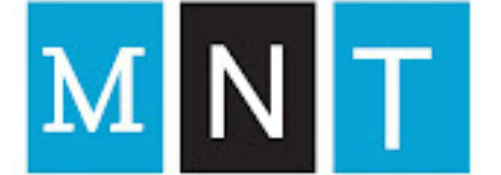To succeed in digital marketing, you’ll need a combination of skills, knowledge, and practical experience.
Digital Marketing Skills:
Analytical Skills: The ability to analyze data and draw insights from digital marketing campaigns is crucial. You should be comfortable with tools like Google Analytics and social media analytics platforms.
Content Creation: Content is a core component of digital marketing. Develop skills in writing, graphic design, video production, and other content creation areas.
SEO (Search Engine Optimization): Understand the principles of SEO to optimize website content for search engines and improve organic search rankings.
PPC (Pay-Per-Click) Advertising: Familiarize yourself with platforms like Google Ads and Facebook Ads to create and manage paid advertising campaigns.
Social Media Management: Be proficient in using social media platforms for marketing, including content creation, community management, and advertising.
Email Marketing: Learn how to create effective email marketing campaigns, segment audiences, and use email marketing tools.
Digital Marketing Tools: Familiarize yourself with various digital marketing tools and platforms such as marketing automation software, content management systems, and social media scheduling tools.
Web Analytics: Understand how to track and analyze website traffic, user behavior, and conversion rates using analytics tools like Google Analytics.
Digital Marketing Knowledge:
Stay up-to-date with the latest digital marketing trends, algorithms, and best practices. Subscribe to industry blogs, attend webinars, and consider enrolling in courses or certifications to expand your knowledge.
Communication Skills: Effective communication is essential in digital marketing. You should be able to convey your ideas clearly, both in writing and verbally.
Creativity: Digital marketing often involves coming up with creative ideas and campaigns that capture the audience’s attention. Creative thinking is a valuable asset.
Adaptability: The digital marketing landscape is constantly evolving. Be adaptable and open to learning new strategies and tools as they emerge.
Project Management: Many digital marketing campaigns involve multiple tasks and team members. Project management skills are valuable for keeping campaigns on track and meeting deadlines.
Coding Skills (Optional): Basic knowledge of HTML, CSS, and JavaScript can be beneficial for making website edits and understanding technical aspects of digital marketing.
Certifications: Consider pursuing certifications from reputable organizations like Google (Google Ads, Google Analytics), HubSpot, or Facebook Blueprint to demonstrate your expertise in specific areas of digital marketing.
Practical Experience: Gain hands-on experience by working on personal projects, internships, or freelance opportunities. Building a portfolio of successful campaigns is valuable when seeking employment.
Networking: Connect with professionals in the digital marketing industry through LinkedIn, industry events, and online communities. Networking can lead to job opportunities and collaborations.
Ethical Considerations: Understand and adhere to ethical practices in digital marketing, including privacy regulations (e.g., GDPR) and advertising guidelines.
Remember that digital marketing is a dynamic field, and continuous learning and adaptation are key to staying competitive and successful in your career. As you gain experience and expertise, you’ll be well-prepared to take on the challenges and opportunities that come your way in the digital marketing world.
